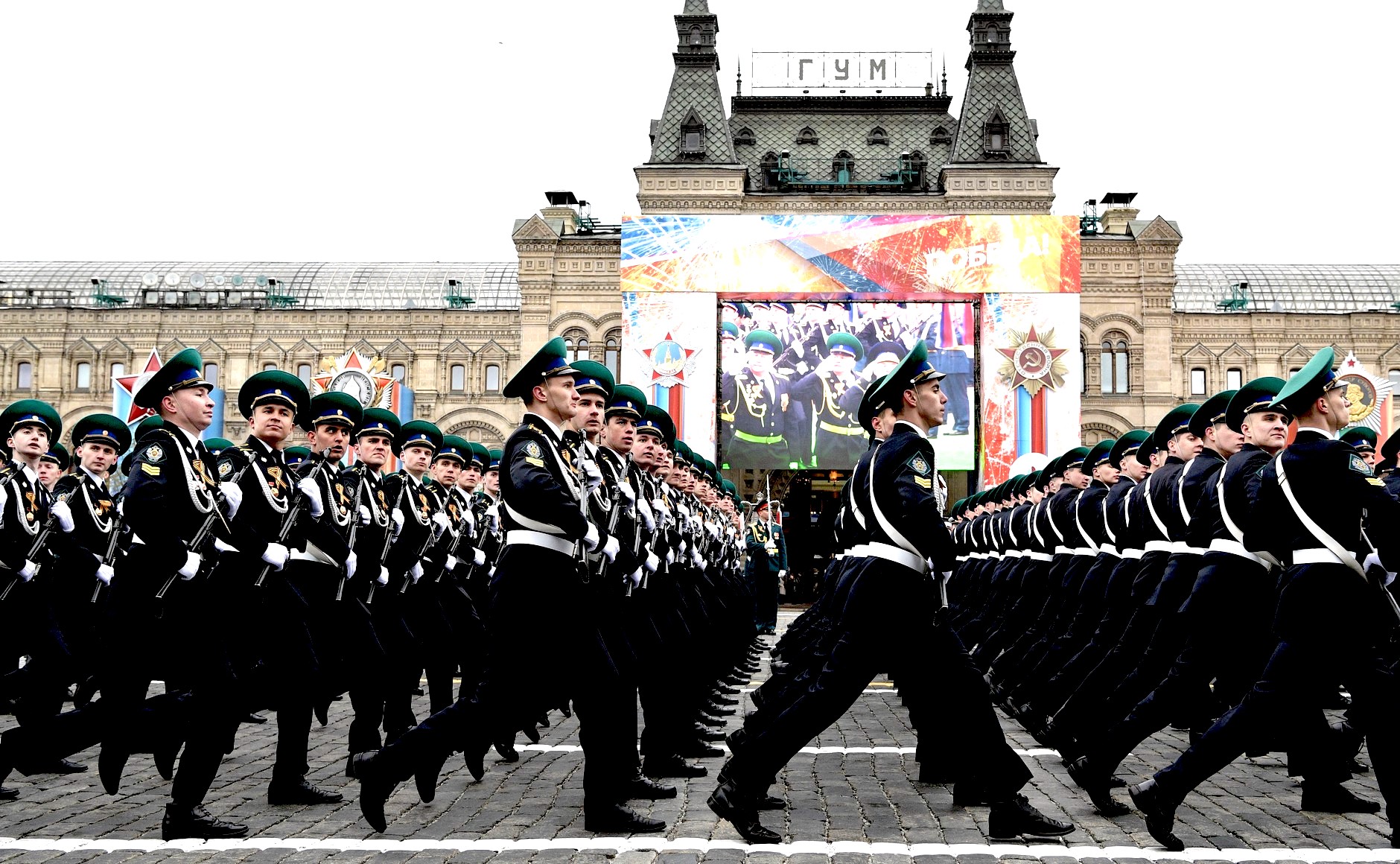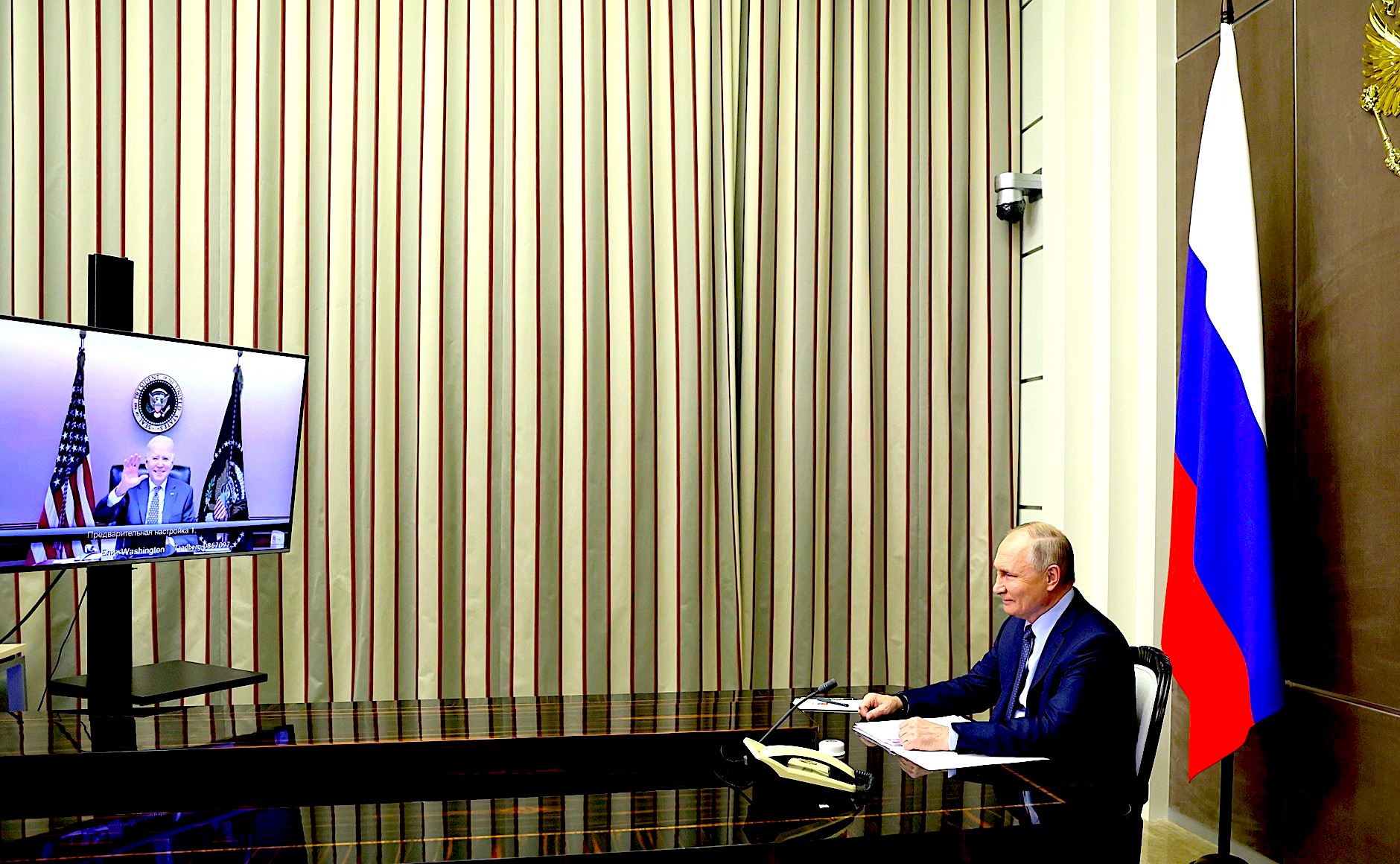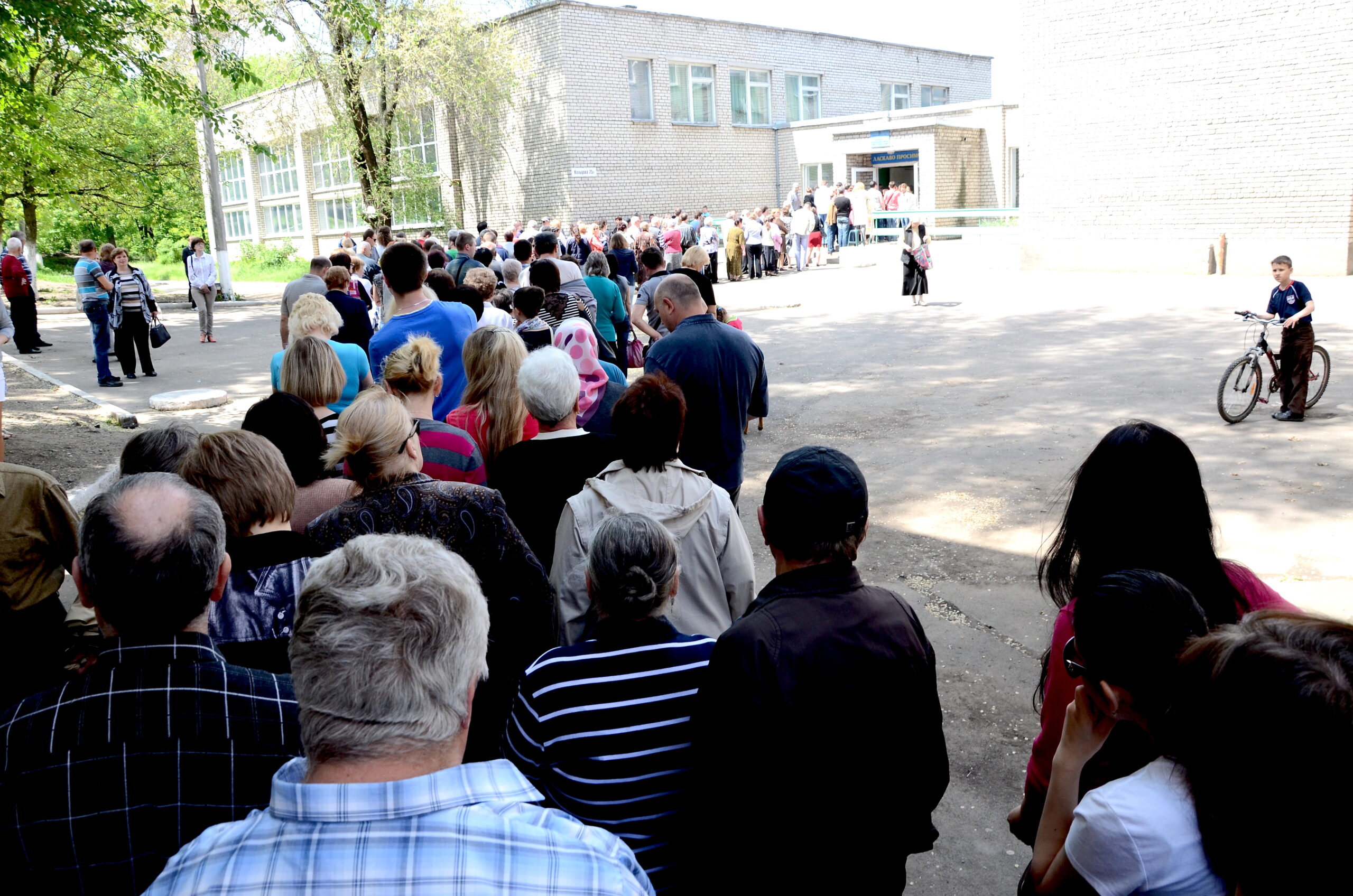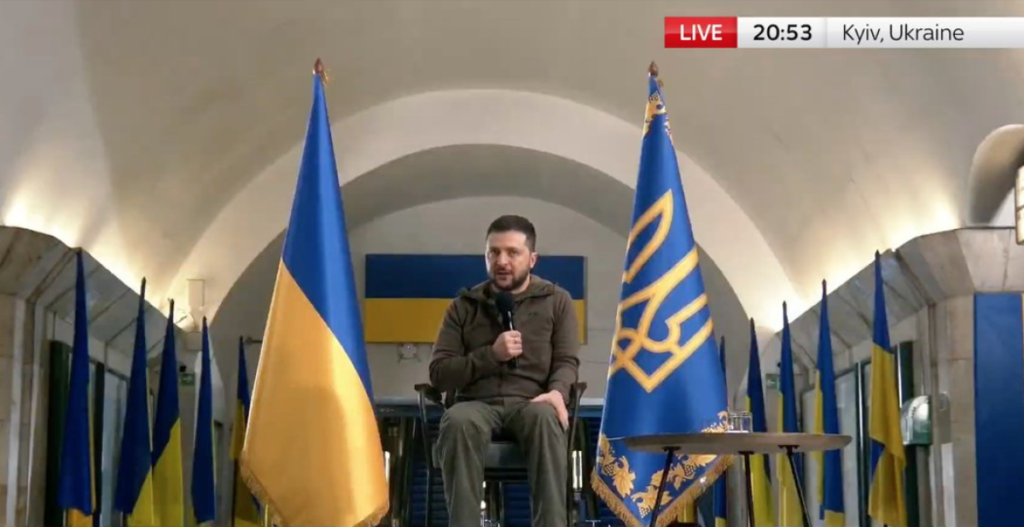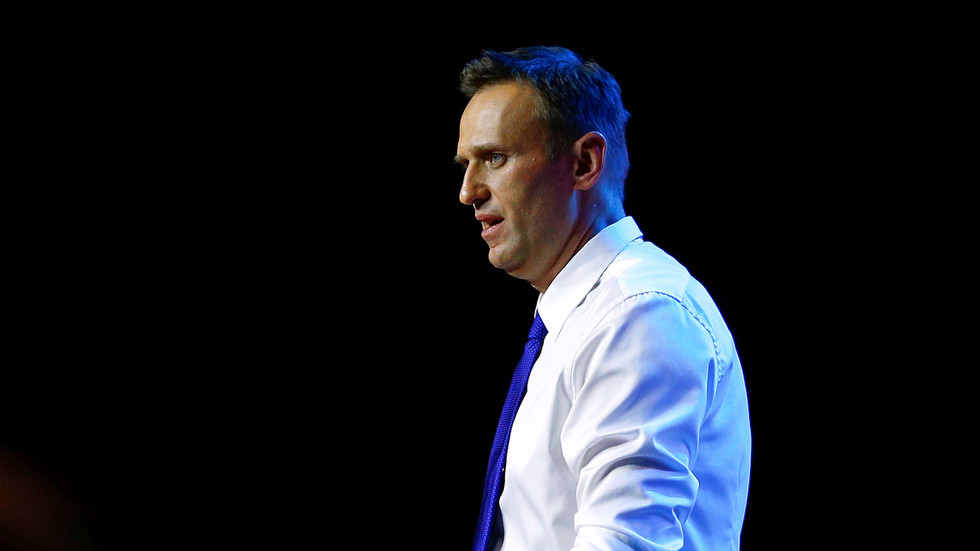
It’s sad that a man died at such a young age and left behind a wife and children, regardless of what one thought of his political opinions or allegiances. So I’m not going to gloat like I’ve seen some critics of the west do. However, it’s not lost on me the utter double standard with which western media and officials are treating Navalny’s death compared to the death of Gonzalo Lira in a Ukrainian prison recently or the imprisonment and consequent ongoing slow death of Julian Assange. The comments of Volodymyr Zelensky are particularly nauseating. – Natylie
Euronews, 2/16/24
Kremlin critic Alexei Navalny has died in prison, Russian authorities announced on Friday. He was 47.
A statement from the prison service of Yamalo-Nenets, where Navalny was imprisoned, said he “felt unwell after a walk, almost immediately losing consciousness.”
It detailed that medical workers arrived “immediately” and “all necessary resuscitation measures were carried out,” but they did not “yield positive results.”
“Emergency medical doctors confirmed the death of the convict,” the statement added.
Navalny was a lawyer turned blogger, YouTuber, protest organiser, anti-corruption activist and face of Russia’s opposition.
The 47-year-old gained notoriety by criticising President Vladimir Putin and his inner circle whom he accused of vast corruption and opulence.
According to a statement cited by Russian state news agency TASS, Putin has been informed of his foes’ demise, though has no additional information about his death.
Russian government spokesman Dmitry Peskov is also quoted by TASS as saying that the federal prison service is making all necessary checks regarding his death.
‘No confirmation of this yet’
Navalny’s team, however, said that they have not had confirmation of the politician’s death.
“Alexei’s lawyer is now flying to Kharp. As soon as we have information, we will report it,” Navalny’s spokesperson, Kira Yarmysh wrote on X.
Navalny’s chief of staff, Leonid Volkov, described the prison services’ announcement as “a confession that they have killed” him, cautioning however that they have not yet had confirmation.
Russian newspaper editor and Nobel Peace Prize laureate Dmitry Muratov told Reuters on Friday that the opposition figure’s death was “murder”, claiming that harsh treatment had caused his demise.
“My sincere belief is that it was the conditions of detention that led to Navalny’s death … His sentence was supplemented by murder,” Muratov said, offering condolences to his family.
Navalny was arrested in 2021 upon his return to Russia from Germany where he had been treated for a suspected assassination attempt by poison. He was immediately incarcerated and sentenced to 19 years in a penal colony on charges of extremism.
Navalny had initially been serving his sentence in the Vladimir region of central Russia, about 230 kilometres east of Moscow.
But he was transferred late last year to a “special regime” penal colony – the highest security level of prisons in Russia – above the Arctic Circle.
‘Killed by the Kremlin’s brutality’
Leaders around the world have condemned his death.
Ukrainian President Volodymr Zelenskyy said it was “obvious” Putin was behind Navalny’s death, during a meeting in Berlin with German Chancellor Olaf Scholz.
Zelenskyy said the Russian president does not care who dies so long as his position as the head of the state is secure.
“Whatever story they tell, let us be clear: Russia is responsible,” said US Vice President Kamala Harris at the Munich Security Conference.
Writing on X, UK foreign secretary and former Prime Minister David Cameron said Putin should be held accountable for what had happened.
“Navalny fought bravely against corruption. Putin’s Russia fabricated charges against him, poisoned him, sent him to an arctic penal colony & now he has tragically died,” Cameron added.
Several EU leaders also pinned responsibility directly on Putin’s Russia.
“This terrible news shows once again how Russia has changed and what kind of regime is in power in Moscow,” said German Chancellor Olaf Scholz.
French President Emmanuel Macron added: “In today’s Russia, free spirits are sent to the Gulag and condemned to death. Anger and indignation.”
Condemnation and condolences also flooded in from the Belgian, Czech, Dutch, Polish, Spanish and Swedish capitals, as well as from Russia’s neighbouring Baltic countries.
Alexei Navalny had a few health scares since he voluntarily returned from Germany to Russia in 2021.
He had been treated in Germany for what tests showed as nerve agent poisoning, with Navalny saying at the time he was poisoned in Siberia in 2020.
The Kremlin denied trying to kill him.
In 2011, Navalny was asked by Reuters if he feared whether Putin would come after him.
“That’s the difference between me and you: you are afraid and I am not afraid,” he said. “I realise there is danger, but why should I be afraid?”
Scores of Kremlin critics, journalists and turncoat spies have died over the years in suspect circumstances.
Attacks range from the exotic — poisoned by drinking polonium-laced tea or touching a deadly nerve agent — to the more mundane of getting shot at close range.
Read Racist or Revolutionary: The Complex Legacy of Alexey Navalny here.
***
RT, 2/16/24
Jailed Russian opposition figure Alexey Navalny has died, the prison service of the Yamalo-Nenets Region, where he had been serving his sentence, reported on Friday afternoon.
The 47-year-old began to feel unwell after a walk, and lost consciousness, according to a statement. Russian media outlets have indicated that doctors pronounced Navalny dead after 2pm local time.
“All the necessary resuscitation measures were carried out, but they failed to achieve a positive result,” the authorities outlined.
The cause of death is being established. However, according to an RT Russian service source, the opposition figure had a blood clot.
Navalny was jailed in early 2021, over a long-standing fraud case involving French retailer Yves Rocher. The previous summer he attracted major international attention after an alleged poisoning in Siberia, which led to his transfer to Germany. Upon returning, he was sentenced to the first of several prison terms.
Initially, he was placed in a high-security facility in Vladimir Region. In 2023 he was sentenced to 19 years “special regime” for “extremism.” Late last year he was transferred to the ‘Polar Wolf’ colony in Yamalo-Nenets, located 40km above the Arctic Circle.
The Kremlin said that President Vladimir Putin has been informed of Navalny’s death. Spokesman Dmitry Peskov referred questions to the Federal Penitentiary Service, adding that the cause was currently unclear.
Navalny’s lawyer, Leonid Solovyov refused to comment, but explained that his client had held a meeting on Wednesday. “Everything was normal then,” he insisted.
Navalny joined a court session via videolink on Thursday, TASS reported, citing the court press service.
A former Russian nationalist activist, Navalny first came to attention as one of the leaders of the “Russian march,” a far-right rally previously held annually. He subsequently took a prominent role in the liberal-driven 2011-12 protests in Russia, which centered on Moscow’s Bolotnaya square. In 2013, he won 27% of the vote in a Moscow mayoral election.
Later, he established a broader movement – which produced reports on alleged corruption – and attempted to take part in the 2018 presidential contest.
Navalny, a native of Moscow, was married, with two children.

